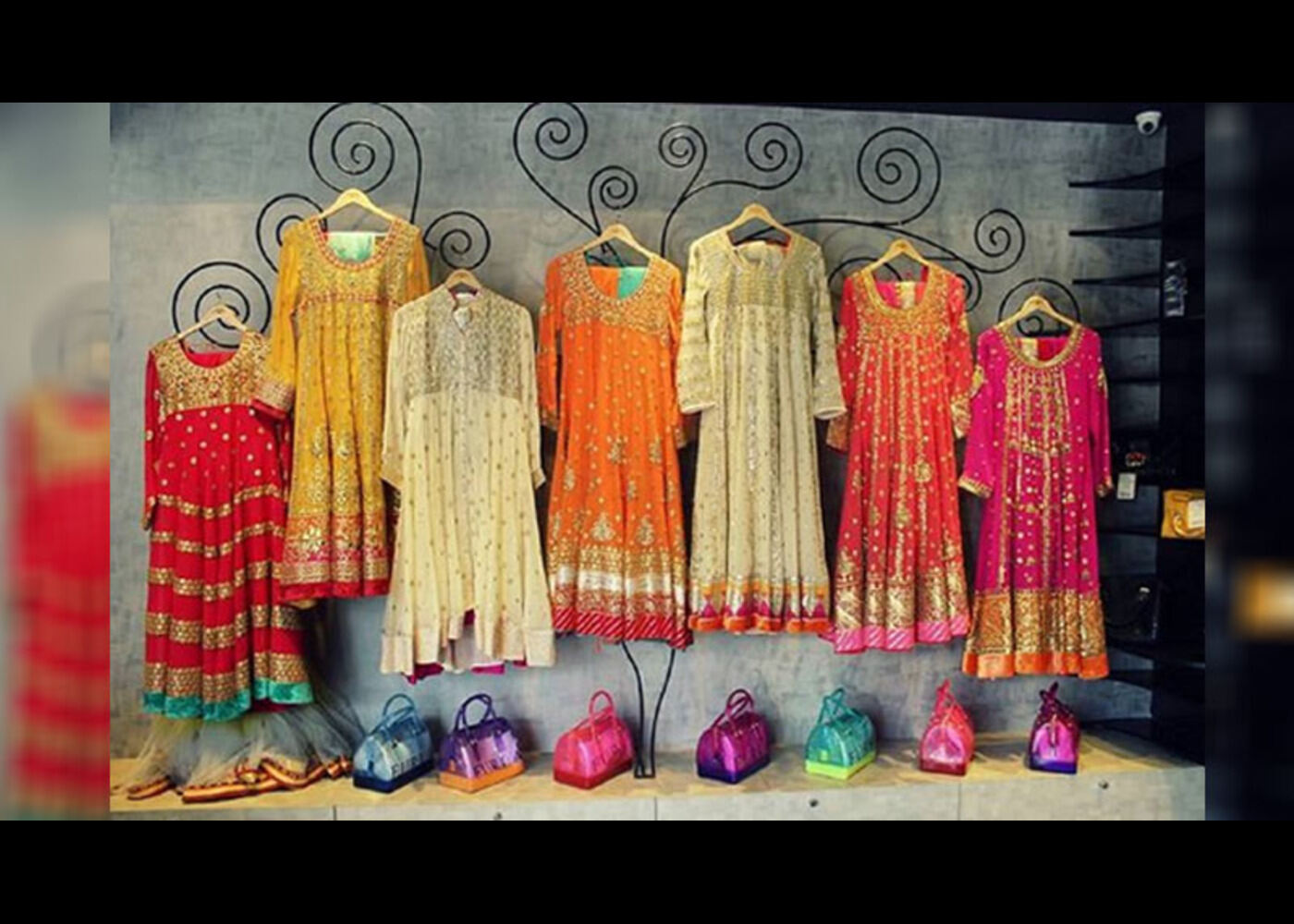The Indian holidays are approaching, and you are probably anxious about how to care for your ethnic dresses thereafter. We understand that this is a widespread issue that must be addressed. Don’t worry, we hear you! Typically, after each function, we return our ethnic attire to our wardrobe. It not only destroys the fabric of the clothes, but it also generates an unpleasant odour. As a result, it is critical to take adequate care of all of your lovely and precious ethnic clothing. To boost the resilience of your festive clothing, here are a couple of methods to keep your pricey Indian traditional clothes from Indian Outfits UK clean and well-kept.
Observe the Wash and Dry Cleaning Directions
Heavy work or embellished ethnic apparel tends to be marked ‘Dry Clean Only’. Follow that correctly! Usually go for reputable dry cleaning services. They might charge more, but the extra cost is well if it protects your valuable clothing from damage, fading, or missing shine. Even if a garment doesn’t have a ‘Dry Clean Only’ label, examine it to see whether it has lost colour before hand washing it. Silk sarees are typically cleaned at home only. Use high-quality, mild detergents to wash them. Plain georgettes, satins, & mixed textiles are all washable. Do not use hot water or powerful stain remover bleach on clothing that is soft. Never put embroidered or silk clothing in the washing machine.
Avoid Frequent Cleaning:
Avoid regular cleaning for your costly and fragile ethnic outfits. Instead, hang it somewhere and allow any moisture or sweat to go away freely. If you’re drying your clothing outside, try to avoid placing them squarely in the sun. Instead, place them in the shadows. If you discover any stains on the cloth, wash it as soon as practicable. To remove stains, gently scrub the cloth with a moderate detergent.
Store the Dress Properly:
Proper storage is essential for Indian cultural dresses, with proper washing. Maintain your clothes dry and cold to prevent moisture or humidity from affecting them. To keep moisture out of your clothes, keep silica gel packets in your closet. Hangers shouldn’t be utilized to store more delicate clothing. Arrange your garments in your cabinet with cloth bags or sealed container sacks.
Be Careful When Ironing:
When ironing, be careful not to overheat sensitive textiles. Examine the label to find the optimum temperature for your garment. Whenever there is zari work, beads, or other adornment on an Indian ethnic outfit, steaming is recommended. As a consequence, the cloth will not be directly exposed to heat, and the steam will rapidly erase wrinkles or small creases. Furthermore, if your ethnic clothing is comprised of cotton, iron heat is an ideal solution for you.
Removing Stains
Don’t ignore the stains; otherwise, they could become permanent. Stains on cotton or polyester are easily cleaned using stain removers; nevertheless, silk or brocade may require professional treatment. Sprinkle talcum powder on the greasy streaks & let it stay until it absorbs the oil. After that, carefully massage the area, remove the blotting powder, and wash as recommended. For harsher stains, consult the vendor; they might supply cleaning services. To remove coffee, tea, or gravy stains from silk clothing, use a cotton ball soaked in petrol. If there are food stains, allow them to dry completely before gently rubbing them out.
Avoid Using Scented Products:
Applying cologne to traditional clothing may inflict damage. When wearing ethnic clothes, spray your cologne or perfume on your wrists & neck to prevent the chemicals from reacting with the fabric’s fibres & causing it to fade or discolour.
Storing Your Outfits Properly
The most crucial step before keeping your pricey conventional ethnic dresses is to keep your treasured ethnic garments. Please keep them in clean, dry, dark cupboards. Store your silk outfits in soft muslin bags to prevent fabric twists. Any clothes with zari work requires careful attention. If you do not keep the zari in a plastic zipper bag away from moisture, it will begin to oxidize. You can also add neem leaves to prevent mould & insects from ruining your materials. Do not hang Indian bridal wear or similar Indian party wear dresses on hangers since they could lose their shape. Avoid using rusty iron hangers with any silk cloth of Indian ethnicity.
Final Words
Last, but not least, avoid putting perfume on your Indian clothing to keep it from unpleasant odours. Applying perfumes, deodorants, or any other type of aroma directly on the clothes could result in a permanent mark. As a result, it is recommended to spray a small amount on your wrist. So, if you adore your dresses and have been looking forward to wearing them at your next diva performance, keep track of how to care for them! These are just a few of the techniques to protect your ethnic clothing.
Read more articles related to Fashion and Clothing at That AI Blog.




